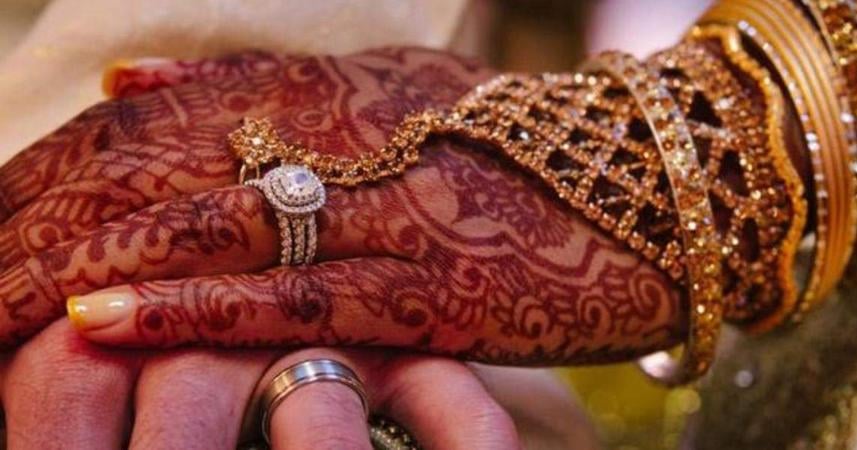Knot forever: writings on modern marriages

Source: The New Indian Express
KOCHI: In the US, 76 per cent of marriages don't work: 56 per cent end in divorce and roughly 20 per cent stay in a marriage for the sake of their children. Is the institution of marriage overrated? Is it even relevant in today's time? The book All or Nothing Marriage by Eli J Finkel has an interesting insight: over the course of the last century, while divorces have increased the best marriages today are better than the best ones in previous eras.
The word "marriage" comes from Middle English and was first seen in 1250-1300 CE. According to a magazine, the first recorded marriage took place in 2350 BCE in Mesopotamia, but the institution of marriage is likely even more ancient. Throughout history, parents arranged marriages to serve as an alliance between families that would bring (mainly economic) benefit to both sides. Love and companionship entered the picture only in the mid nineteenth century, but today, a new kind of marriage has emerged - one oriented towards self-discovery, self-esteem, and personal growth.
In India the divorce rate is 1 per cent, one of the lowest in the world, and yet the numbers have increased by 350 per cent in the previous two decades. In India, young people who grew up with the internet and the advent of smartphones and social media are expected to adhere to thousands of years of tradition when it comes to marriage. It's that conflict between obeying tradition and embracing modernity that drives journalist Mansi Choksi's The Newly Weds. The book is a literary investigation into India as a society in transition through the lens of forbidden love, as three young couples reject arranged marriages and risk everything for true love during social and political upheaval.
